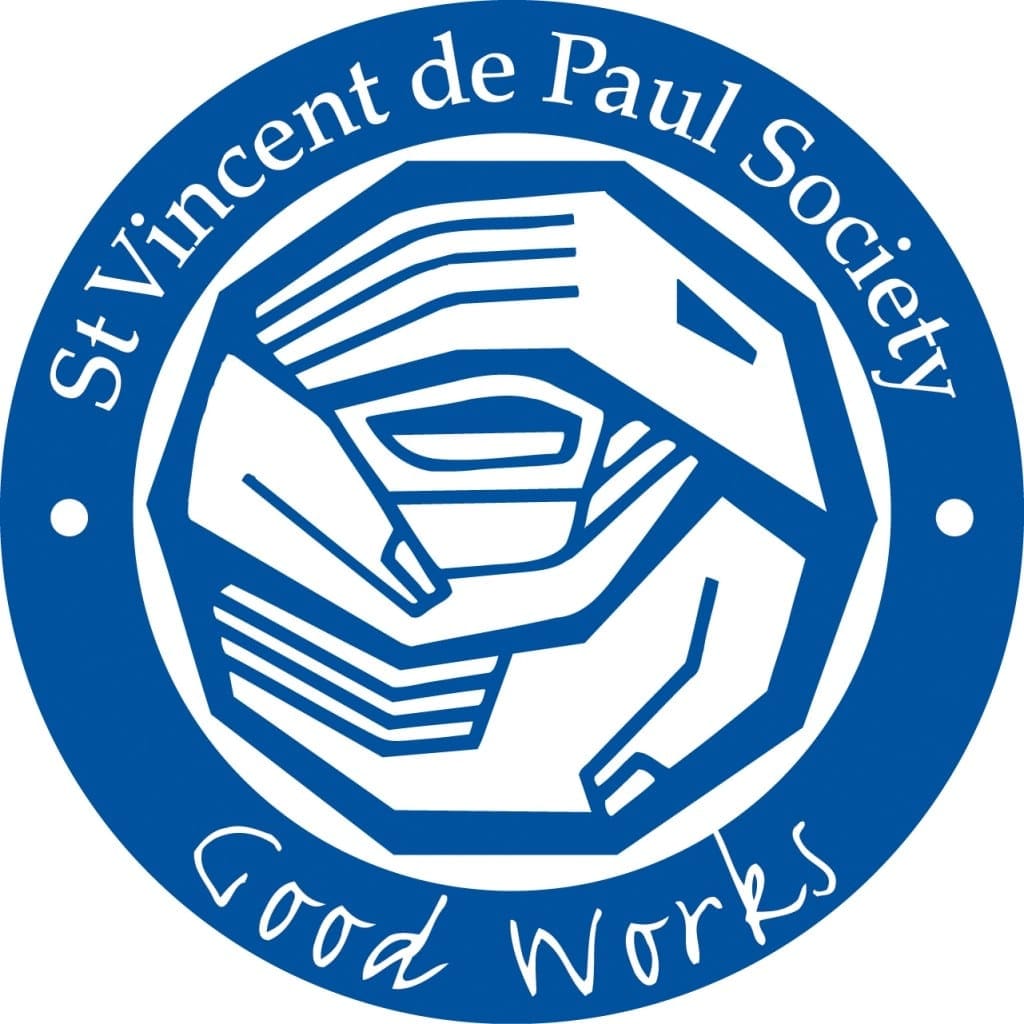 ‘We have only one enemy. It is called inequality’ – This was the message from Dr John Falzon, Society of St. Vincent de Paul Australia CEO.
‘We have only one enemy. It is called inequality’ – This was the message from Dr John Falzon, Society of St. Vincent de Paul Australia CEO.
“Expecting the unemployed to be grateful for waiting one month instead of six for benefits is like thanking someone for only cutting off your fingers after they threatened to cut off your arm.” writes Dr. Falzon.
On 7 May, 2015 I had the pleasure of giving the opening address at the Progress 2015 Conference held at the Melbourne Town Hall. The take home message of the speech, titled ‘Resistance and Hope’ was simply that: ‘We have only one enemy. It is called inequality’. The St Vincent de Paul Society drew on this principle in our response to the 2015–16 (Australian) Federal Budget.
It has been sad to see Budget 2015 being measured against Budget 2014 instead of being measured by its impact on inequality and poverty. Take, for example, the 2014 measure to force young people experiencing unemployment to survive on fresh air and sunshine for six months of every year. Such was the community outcry that Budget 2015 has proposed one month without income instead of six. This change is a clear admission of the cruelty of this measure without actually abandoning it. Budget 2015 refuses to lift the abysmally low unemployment benefit, resorting to income management instead of income adequacy. It refuses to reinstate and increase funding for social services, social housing, public health and public education slashed in last year’s Budget. The problem of unemployment lies not with the individual but with the labour market. Government must do what markets cannot. If government wants to address unemployment it will create a Jobs Plan including economic development in areas of high unemployment.
What Budget 2015 should have been about is ensuring that no one misses out on the essentials of life: a place to live, a place to work (or income security), a place to learn and a place to heal.
At the conclusion of the Progress 2015 Conference delegates compiled a list of Common Asks for the kind of Australia they would like to see. I invite you to read this list, bearing in mind that budgets exist at the service of our communities, and must reflect the priorities of the country we want to live in– now and in the future.
The Common Asks were:
What the Federal Budget can deliver for Australia – #OurCommonAsks
The release of the Federal Budget is an opportunity for all Australian people to define what we should do with our nation’s resources. The budget exists at the service of our communities, and must reflect the priorities of the country we want to live in– now and in the future.
1. Make sure everyone, people and corporations, pay their fair share of tax so we can invest in a future for all Australians.
2. Make us a more equal country with a strong social safety net so everyone has enough to live on with dignity.
3. Support families who need it with the costs of raising children, because every child and family deserves to thrive.
4. Close the gap between Indigenous and non-Indigenous Australians – living standards, employment opportunities and access to health and education.
5. Guarantee quality preschool education and invest in our schools so that every student can achieve their potential.
6. Deliver excellent universal healthcare for all people, no matter where we live or whether we can individually afford to pay.
7. Properly fund universities, science and research because the intellectual capital of our nation will be what defines Australia’s success in the 21st century.
8. Stimulate investment in the industries, jobs and entrepreneurs of the future.
9. Cut carbon pollution and transition to 100% renewable energy for a cleaner, safer, sustainable future.
10. Build the critical physical and social infrastructure, the public services and effective government we need to be a great society.
11. Position Australia as a generous and responsible global citizen that provides foreign aid, development and poverty alleviation.
12. Provide services that enable full and equal participation by women in the Australian economy and public life.
Read the St Vincent de Paul Society’s response to the 2015-16 Federal Budget issued on 12 May, 2015.





0 Comments